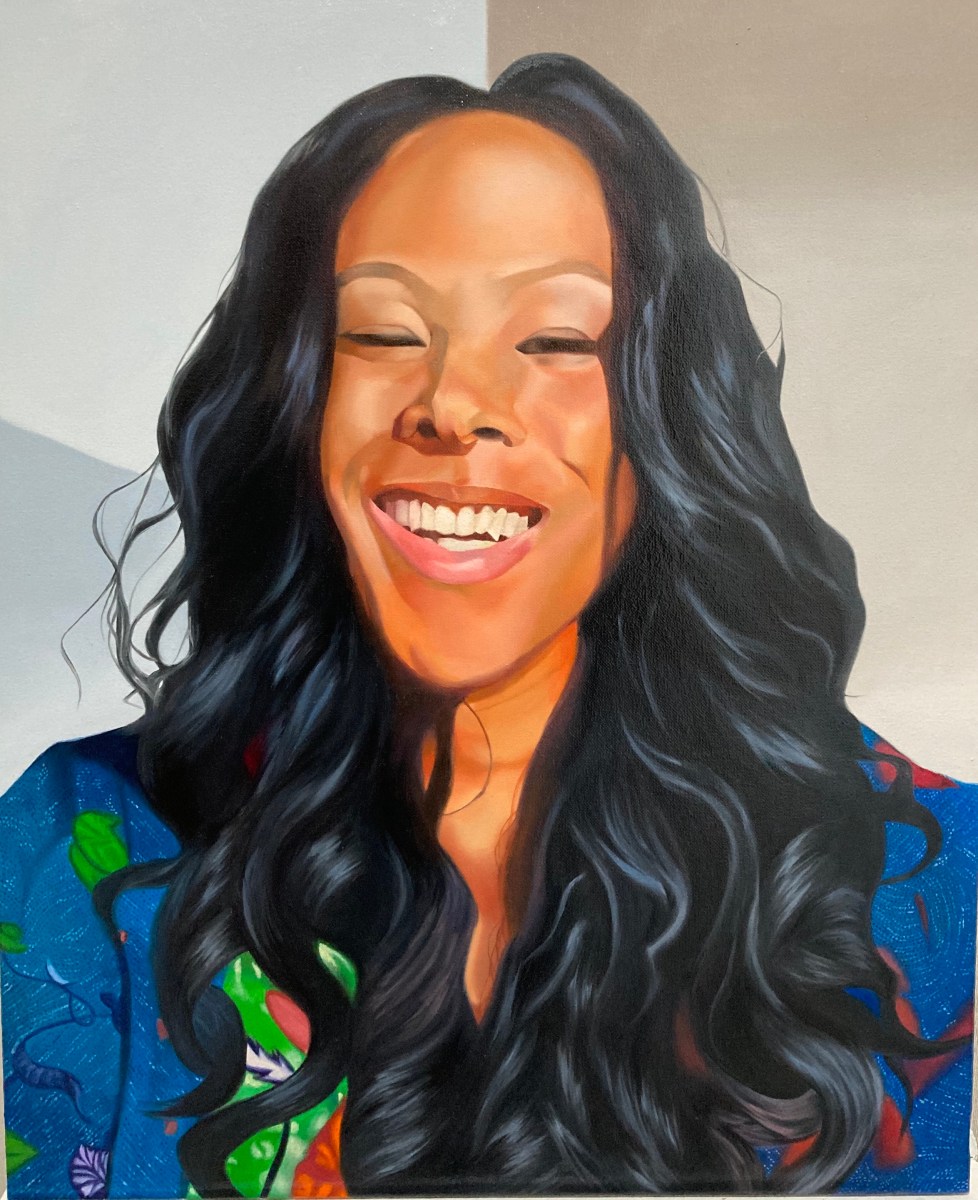João Pedro Zappa in the title role in Fellipe Barbosa’s “Gabriel and the Mountain,” which opens at the Quad on June 15. | STRAND RELEASING
The opening scene of “Gabriel and the Mountain,” has two African villagers finding the corpse of Gabriel Buchmann (João Pedro Zappa) on the side of Mount Mulanje in Malawi. This touching character study then flashes back 70 days to recount the experiences Gabriel had, the people who knew him in Africa, and, eventually, his death.
Director Fellipe Barbosa, who co-wrote the script with Kirill Mikhanovsky and Lucas Paraizo, fashioned the story out of the disappearance of his friend Buchmann. It is both an affectionate and heartbreaking portrait of a young man full of life and promise.
Gabriel is a traveler, not a tourist. He immerses himself in researching and experiencing African life, education, and culture during his gap year before starting a doctorate program at UCLA. He is first seen in Kenya, where he is called a Mzungu, or white man or European, though the word also means wanderer. He has a pair of sandals made for him, goes rabbit hunting with the locals, and tries to live sustainably, noting that the pocket money he has can buy a child’s education for a year. Gabriel is endearing, even if this Mzungu looks like a fish out of water wearing African print clothes, carrying a Maasai stick and a machete. (Images of the real Gabriel after the end credits show the accuracy of the film’s portrait.)
Fellipe Barbosa honors the memory of his late friend’s adventures through East Africa
One goal of Gabriel’s is to climb Mount Kilimanjaro, quickly, and when he meets John Goodluck, a guide, they trek up the mountain. Their journey is not without difficulty — Gabriel gets winded at one point — but he is determined to reach the top, which he does.
Gabriel’s nature shines through in this chapter of the film. He is gracious, caring, and gregarious — Goodluck and others recall the dead man with kindness and tenderness — but also foolhardy, stubborn, selfish, and a haggler. All these qualities are evident throughout the rest of “Gabriel and the Mountain” as he travels throughout East Africa having adventures.
Barbosa’s film is an intimate epic. While there is gorgeous cinematography of the landscape by Pedro Sotero, a significant part of the film is shot in close-up, lending an immediacy to the events, giving viewers a “you are there” experience. The location filming is spectacular.
The second chapter of the film, set in Tanzania, has Gabriel reuniting with Cristina (Caroline Abras), his girlfriend, who is in Africa for a conference. Their relationship has contradictions; while he loves her, he often treats her poorly. A fight they have — which includes a discussion of whether she will join him in Los Angeles when he resumes his studies — captures the push-pull dynamic between them. Much of Abras’ wonderful, expressive performance consists of her reacting to Gabriel’s words and actions, and viewers will know exactly what she is thinking. Their relationship imbues the film with poignancy given that his death has been foretold. The Portuguese word the two utter — saudade, which loosely translates as “longing” — captures the melancholy of their relationship as it unfolds and possibly unravels.
When they are together, these Mzungus face many Africans eager for their tourist dollars, but when offered clothes or guide services, Gabriel haggles over price or simply walks away. His stubborn need for independence is telling; perhaps he thinks that he can game the locals or is smarter than he is. His arrogance is particularly pronounced in the last act, when he insists on climbing Mount Mulanje without a guide and gear and in sandals.
Barbosa does not judge his late friend and hero for his reckless or irrational behavior, and he does not necessarily want audiences to do so either. Instead, he shows how Gabriel adjusts to each situation he finds himself in. He gets a cheaper price for a visa he needs by going to a different checkpoint, and he fights with a safari guide who charges his credit card without his permission and does not deliver the tour he desires. He tries, unsuccessfully, to convince a man to let him do a bungee jump after closing time. But he also asks for rides and guidance from locals, who assist and befriend him.
Gabriel’s experiences, often risky, are fascinating and absorbing. When he impulsively decides to get off an uncomfortable bus ride he and Cristina are taking, the couple end up in a Zambian village where their unmarried status is questioned. That leads them to describe themselves as fiancées and ask a local woman about her views on marriage. What could have been a thorny situation turns into something informative.
But “Gabriel and the Mountain” is certainly not lacking in tension. The film’s last act, which leads up to his death, is excruciating, with every moment freighted with suspense. Barbosa slowly teases out when and how Gabriel meets his end. And as this drama unfolds, viewers will reflect back on how well they came to know and care about him, even at his most imprudent. As the title character, Zappa is appealing, portraying a man both irritating and ultimately charming. Barbosa has beautifully honored his friend’s spirit with his lovely, touching film.
GABRIEL AND THE MOUNTAIN | Directed by Fellipe Barbosa | In English and Portuguese and Swahili with English subtitles | Strand Releasing | Opens Jun. 15 | Quad Cinema, 34 W. 13th St. | quadcinema.com


































